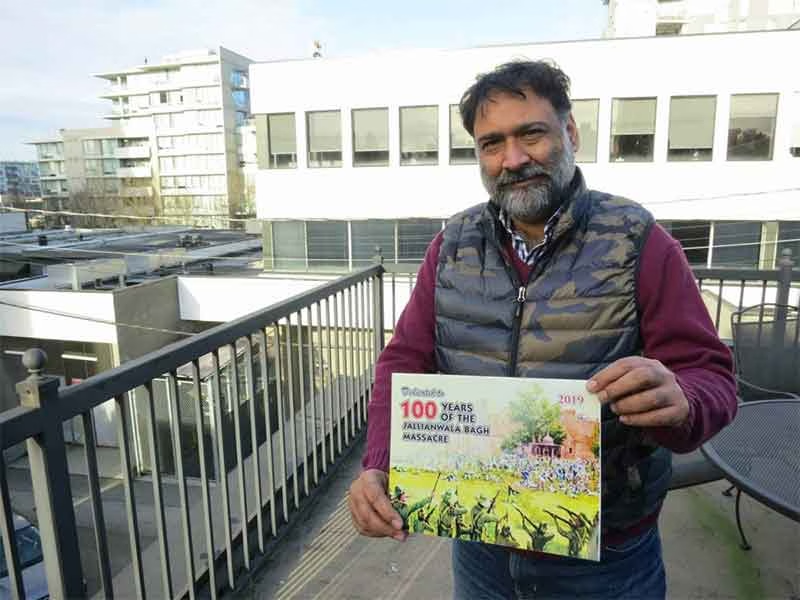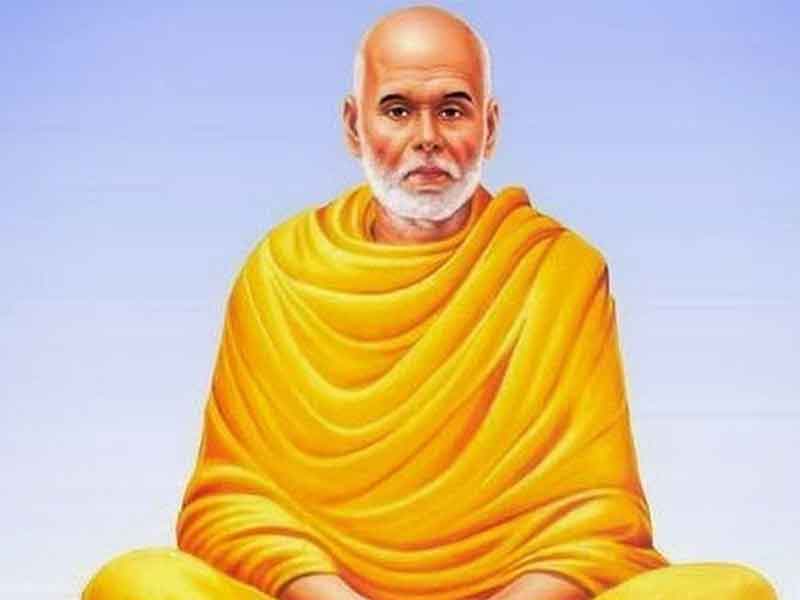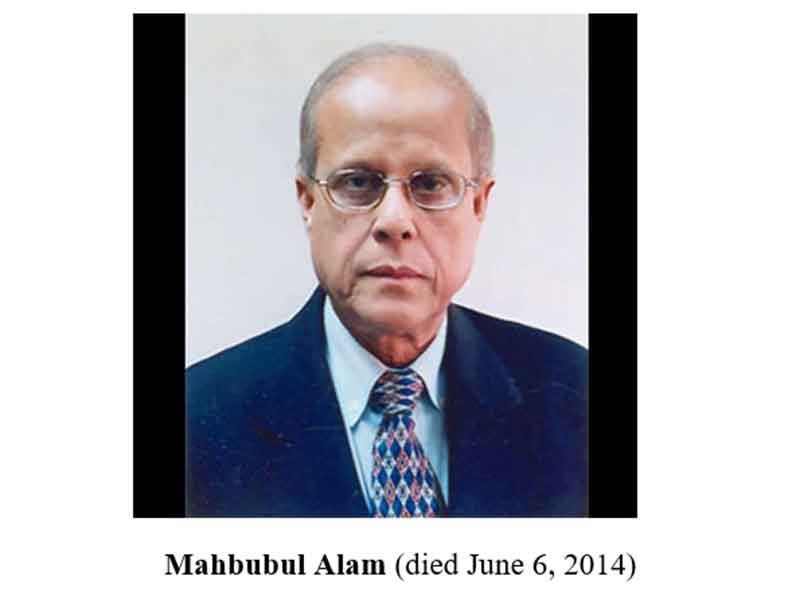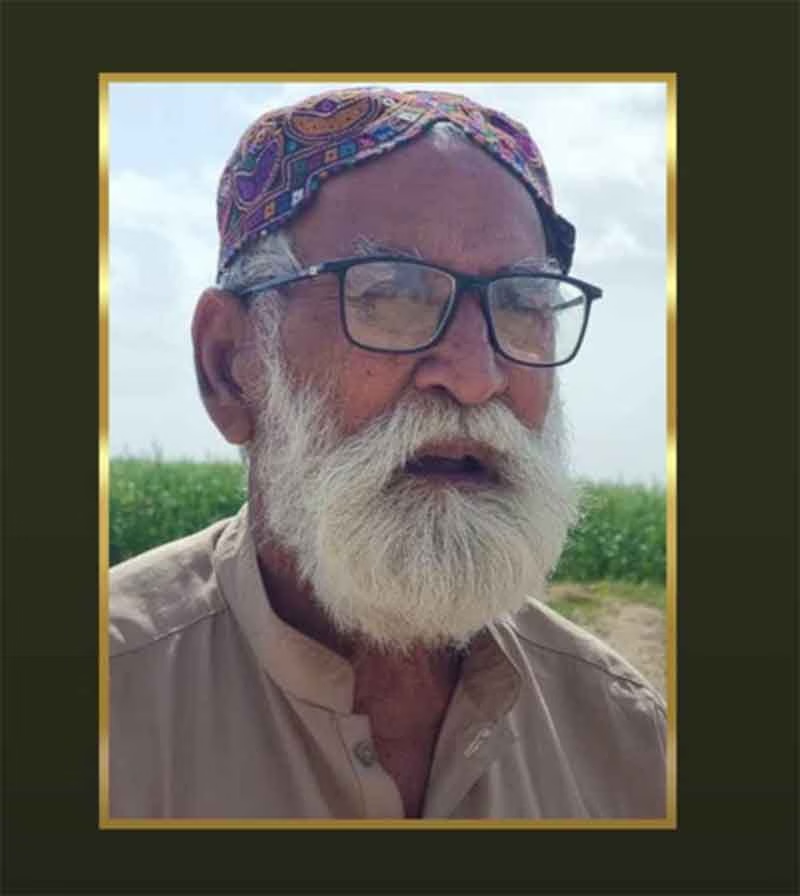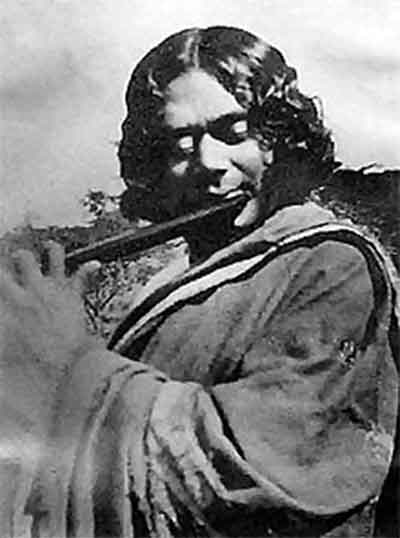
MEMORIES OF WOMEN IN THE DWELLING ROOM OF LOKMANY BALGANGADHAR TILAK’S MANSION
It’s an untold moving story of Lokmany Tilak’s wife Satyabhamabai Tilak. The Lokmanya Tilak’s unprecedented struggle experienced by the women of Lokmanya Tilak’s family from Middle Dwellings (MAJGHAR) of his Mansion of his Home. It is an attempt to recreate the Portrait of Satyabhamabai Tilak .
Satyabhamabai was fundamentally silent and she never expressed the storms going on in her mind. In the Public Mind and Perception, she was the woman who was busy between the hearth and the child. But attempt is being made to make the readers aware that every moment she spent in her life was a ‘supplement’ to the struggle of ‘Leader of the Age’ Bal Gangadhar Tilak -(Yugadhurandara).
The struggle and sufferings of Lokmanya’s wife Satyabhamabai, three daughters, and Paternal Aunt never acquired vocal expression. The cries and grunts of all these women remained confined to Dwellings of the Mansion.

(2) Satyabhamabai’s end was also very painful and heartbreaking. After her lonely death in 2012, Lokmanya expressed his heartache through a letter sent to and locked up in Mandalay Jail under sedition charges. This is an attempt to give expression to the ‘latent’ , unspoken struggle of women in this Dwelling. Women played the same role as ‘Shesha Nag’ which holds the load of Entire Earth on its head. This write up is theatrical adaptation of it!
Let us know more about Satyabhamabai. The well known statement that behind every successful man there stands a woman is hundred percent true about Satyabhamabai. Selfless support provided by her to her husband is the essence of her and Lokmanya’s life as well. This attempt is to piece, compile and weave together the aspects what few historians have shed light on! Hence, So, let’s know about this Satyambhamabai! Lokmanya Tilak’s scholarship and erudition is well known all over the world but the unprecedented historical support provided to him by Satyabhamabai never came to light. This should be regarded as great misfortune.
(3) We can begin with one mutual conversation between Parvatibai Ketkar, Mathutai Sane, Ramabai Vaidya, the three daughters of Satyabhamabai.
Parvatibai Ketkar (Tai), Introduces us to Satyabhamabai and Lokmany Tilak, and his companion, Lokmanya Tilak’s received varied forms of education at home. He entered school on the occasion of Dussehra in 1861. Gangadhar Pant, his father, was transferred to Pune in 1866, so he came to Pune with his father. But within short duration he lost his Mother. At that time, as his father got transferred from Pune to Thane, he started staying with his uncle , Govindrao. In 1870, when he was transferred from Pune to Thane, his grandfather’s health was deteriorating; he wanted his son, the baby, to get married before his eyes. The baby was also 15 years old at that time. As was the custom of the time, the marriage was proper. He received several proposals from girls.
From Ladghar village in Dapoli taluka, a girl named Tapi, who came from a ‘Bal family’, was adored by everyone. The ‘Bal family’ was known for its prosperity, generosity, and nobility too. ‘Tapi’, meaning our mother, was a bit hot tempered, passionate as her name suggests and was the seventh among siblings! Such Tapi was married to Lokmanya Bal Gangadhar Tilak in the month of Vaishakh in the year eighteen hundred and seventy one. Her father-in-law’s family name is ‘Satyabhama’. Our mother, i.e. ‘Tapi-Bal’ became the companion, wife of ‘Lokmanya Tilak, Satyabhamabai Bal (Gangadhar) Tilak!
Mathutai:-“Well Parvati Tai’, your husband – host i.e. Sri Vishwanath Gangadhar Ketkar is Lokmanya Tilak’s Senior ‘Son In Law’’. Gangadhar Ketkar, always reminds and tells us a story and memory about the physical exercise of his grandfather i.e. ‘Baal’.
‘Rama’, you too please listen to me. (Ramabai Vaidya, i.e., ‘Lokmany Tilak’s third, youngest daughter), During his student days, “Bal Gangadhar’s body was paltry , frivolous in appearance. Our mother, Satyabhamabai was much healthier and stronger than him. Hence, his fellow students used to make fun of him. “Look at this couple, the wife who is sturdy and well built and her husband is extremely thin. Look at this odd and non matching pair”.
Tilak’s stubborn and competitive nature could not stand up to such taunts.
As response, Tilak started with sit-ups, squats, wrestling, ‘domestic’ in the morning, ‘foreign rehearsals’ in the evening, swimming, was vigorously pursued by Dada (Tilak) , and in this way, from 1871 to 1873, in two years, he acquired a physique identical to that of a wrestler!.
Parvati Ketkar:—- (eldest daughter), speaks out about her mother, Satyabhama. Ladghar, her mother’s Parental village before marriage. In her Parent’s family her father’s farm and coconut groves gardens. Naturally, our mother spent her childhood in the vicinity of coconut husks and areca palm treas.. She was in good health because she had free access with movements everywhere like peeling betel nuts, weaving ropes by intertwining coconut offshoot- branches, taking care of cattle, Paras gardens, backyards, sea- beaches etc.
Dada (Bal Gangadhar Tilak) and Mother (Satyabhama) while they were staying with his Govind uncle after marriage, when Govind uncle’s children used to go out to their school, mother on her own learnt alphabets and engaged herself in further studies. Through her own efforts, she increased her reading, so much, that she started reading ‘Kesari’ newspaper! She was equally strategic thinker. Seeing that her husband had devoted himself fully to work for Nation, she realized that a happy life was not her destiny. That is why from the beginning she kept her life style very simple.
(5) Reformist Thoughts. (Five)
Mathutai’s Memories, We were three sisters and we had three brothers. At one time or other, one or the other would fall sick. But mother never complained. Everyone’s clothes, even the bed sheets, were cleaned up. She was very particular to keep everything clean.
Parvatibai also narrates her memoirs. “Even though this was a time of Orthodox (Sanatani) traditional culture, my mother’s thoughts were definitely reformist. Other women were saying to do this, remove that, remove obstacles. Others were saying to remove evil spirits by waving rice on Saturdays and new moon days, etc. But my mother never listened to anyone.
Our homeopathic Doctor Gadre was our family doctor! Our mother used to give us only his medicine. Diseases, weak children, and their own illnesses, meant that Satyabhama Bai, i.e. our mother, spent a lot of time caring for the children, and during this time, the eldest son, Vishwanath, died of the plague in the wake of terrible Epidemic. . However, she did not turn to superstition or extreme measures. Even then, her mother’s reformist-progressive Plinth of thinking remained firm.
Mathutai : (Elder Sister)—- Our mother used to sew clothes that were easy to wear for us. She did not like small children wearing bracelets, chains around their necks, or anklets. She believed that they collected dirt and were harmful to health. She had a pure and scientific opinion that these ornaments pricks into the body and hence wearing them to small children should be avoided.
(6) Role of Satyabhamabai during their Children’s illness.
SATYABHAMABAI Narrates -Memories of their ‘Children’s illnesses.
Satyabhamabai says:- —My mind was very restless with the memories of my children’s illnesses. I remember, Vishwanath had fallen ill. We lived in a hut across the river. Sometimes my husband and sometimes I would sit next to him and attend and take care of him. And then he expired. Tilak during this episode was simultaneously working for Kesari and Maratha on one side. And when Vishwanath died of plague in 1903. I was shocked. But looking at the my other children, I put aside my sorrow and remained devoted to the service of my children and husband. I was acting strongly. But when our youngest son, Shridhar, i.e. Bapu, fell ill I felt like the gravel under my feet is shifting. He suffered from very high unbearable fever. Satyabhamabai thought that Bapu’s demise is certain.
At that time, Tilak was narrating and reading out the Editorial for Kesari, in the adjacent Hut, so when his nephew ‘Vidvans’ went to inform him about Shridhar’s illness, I stopped him. Fortunately Bapu survived. However, all three of our daughters were strong and suffered minor illnesses only. Once, this happened. At the time, our second son, got infected and fell ill with typhoid and Tilak had gone to Raigad for the Shiv Jayanti festival. Telegram was sent to him. There was no conversation as he had warned me not to share any news from home until the ceremony was over. Fortunately, when I returned home as soon as the ceremony was over, Rambhau’s typhoid fever had subsided. I took care of him alone and also provided psychological support to the others in the house.
I took care of him alone and also provided psychological support to the others in the house. Their daughters, Parvatibai and Mathutai both praised their mother. Mathutai, said, “Even today, I feel a tingle in my heart after seeing the service my mother has provided! Blessed are you, Mother!
(7) Satyabhamabai’s soliloquy and thoughts in inner Mind.
(Her memoirs)
I am the wife of Satyabhamabai Lokmanya Tilak. Considering the situation at that time, the situation of India’s subjugation of its independence and the responsibility that Bal Gangadhar Tilak had taken on his shoulders, the most satisfying and fortunate thing was that ‘my host’ had passed matriculation. In fact he was BA and LLB also. He could have easily found a job in the British Empire, but he did not take that path and took the vow of service to the nation!
During this time, I often had to go to big weddings ‘with him’. Many women would come to the weddings wearing lavish dresses and jewels. But I never felt jealous or inferior to any of them. The reason for this is that God had given me such a unique ‘divine ornament’ that I knew its value in my heart and its historical meaning had ‘unfolded’ for me.
However, I used to pay special attention to the studies and education of my sons and daughters. I never let them miss school. I had learned from their father, that is, my husband, that useful education and art should be imbibed.
At times, sometimes, he would also follow my instructions and act according to my opinion. He full filled my desires to build staircase from Kitchen to upper floor and build ‘Tulsi Vrindavan’ on the hearth.
In the hustle and bustle of this world, I never got to visit my Parent’s house. Only twice or thrice! When he (Tilak) went on a tour of Konkan, I was with him , and once with my children!
Only then, if I may say, I went with him to Pandharpur during the exhibition of indigenous goods. The third time was to Banaras during the Congress session in 1905! And the third time was to Lucknow.

Staying at Sinhagad bungalow was a pastime for our entire Tilak family. Earlier, going to Sinhagad was difficult, and we had to travel by bullock cart. On Fort hardly anything was available.
Therefore, I had to prepare a Ration List, enough for one and a half to two months, and I was responsible for taking care of Children and of those visitors arriving and departing. In my spare time, I would help local women repair their clothes and teach them how to sew.
Instead of giving our children’s clothes to the garbage dump, I used to distribute them for the needy. That was all my social work!
The Pledge and Oath I adopted was ‘husband service’! Even while eating, ‘Our respected Husband’ would be absorbed and engrossed in many, multiple thoughts and would eat only whatever used to be there on his ‘Platter”. Hence I used to serve him myself strictly.
Most difficult time we encountered in our lives was when Bal Gangadhar Lokmanya Tilak was working for the people of India. This was , and his leadership, was not liked by some people, and as a result, some people boycotted Tilak’s , i.e. ‘our house’.
In such difficult times, we had to face such a awful life. For us women, festivals like weddings, Thread Ceremonies and so on are moments of happiness and joy, but no ‘Guruji’ was ready to offer Adoration for that reason!
At such times, Tilak, even by wearing prudish, puritanical clothes would perform all the programs as they were told and supposed to be performed. My nature was very shy and reserved. I never liked to be stubborn and talkative. I didn’t have many friends either. However, I got along well with Umabai, the wife of Balgangadhar Tilak’s friend, Daji Abaji Khare. In times of joy and sorrow, Namjoshi would come to our house and I would pour out my heart to both of them!
I ‘lived in my Dwelling Room of our mansion but ‘Bal Gangadhar Tilak’s dream of ‘country and public service’ became an inseparable part of my ‘soul’!
(8) Krishnaji Prabhakar Khadilkar- narrates Heart piercing Storey about Satyabhamabai Tilak and Satyabhamabai responds. Prabhakar Khadilkar was a close associate of Lokmanya Bal Gangadhar Tilak and a prominent Marathi writer and journalist. He edited the newspapers Kesari, Lokmanya, and Navakal.

Watch this story told by Khadilkar about how Tilak’s wife, Satyabhamabai, was deeply in love with her husband’s life and was integrated into his Struggle.
Once in the play ‘Venisamhar’, Khadilkar he gave the example of Satyabhamabai in connection with the Sanskrit phrase “Strinam hi sahacharyat bhavanti chetansi bhartru sadrashani” (With the constant cooperation of the husband, the mind of the wife becomes like that of the husband). Khadilkar arrived at the Manssion to inform Satyabhama Bai about the sentence imposed on Tilak in the second sedition case in 1908. It was almost dawn, so he was sitting on the porch with tears in his closed eyes.
The doorman found this strange and told it to Satyabhama Bai. As soon as Satyabhama Bai heard this, she understood the reason and came out and said.
“You have come here to tell me that there was punishment there, right? Then why are you crying like women? There was punishment; it was not for vile crimes like theft and embezzlement.
The government has made working for the welfare of the people a crime and has imposed punishment. So, are you going to sit idle by? Get up, don’t cry, get back to work”.- says Satyabhamabai.
Khadilkar further says
“We stood with our heads down in shame after the Satyabhamabai arrived. There was no tremor in her voice as she spoke.
Considering age, illness like severe diabetes Lokmanya Tilak was suffering from, Satyabhamabai’s heart must have been scorched and broken after hearing about sentence of exile, hard labor, and the length of his sentence. But she did not let any of us show that on her face. That is why if one had to describe Satyabhamabai in one word, it could be ‘Virtuous Wife’”.
(9) A series of crises – Satyabhamabai – A sacred Mountain of determination.
Parvatibai-( Their Daughter)—-In 1908, Dada (Lokmany Tilak) was sentenced to six years of hard labor and when he was taken to Mandalay in Burma and when my mother heard about this, she was very subdued and upset. She was deeply hurt with the traumatic blow. She did not expect Tilak, her husband, to return after six years of imprisonment, and she was convinced in her inner mind that she too would soon leave this world. She lived for four more years. During these four years, she abstained from her usual food. She used to eat only rice Dashami and ‘fasting’ eatable vegetables during those years. She had long ago given up eating delicacy,
cooked food. She freed herself from any and all desires, lived very disillusioned, detached life and wore only black bangles and a Mangalsutra. She used to wear simple, thick clothes without edges. The children would read Kesari, but she was not attentive. However, she used to read the book ‘Bhakta Vijay’. Like Lokmanya Tilak she also had diabetes, but she avoided taking medicines. She stopped going outside the house and even into the courtyard. Since her ‘husband’ was locked in the Jail-cell’ there, she confined herself inside the house. The hardships endured for so many years, Tilak’s imprisonment in Mandalay, and the worsening diabetes marked her final moments. In June 1912, Satyabhamabai passed away.
(10)Lokmanya Tilak’s heartbreaking letter written from Mandaley Jail
after the death of Satyabhamabai.

The letter written by Lokmanya Tilak after hearing the news of her death on 7th June 1912, is very touching. Even this stoic tree trembled on hearing the news at that time. The content of his letter speaks out a lot for itself.
“I was shocked when I received the telegram. It is true that I am always, calm no matter how many troubles come in my way. But to tell you the truth, I am completely shaken by this news.” I feel sad and shaken up to comprehend that I was not there when she died, and that I am in prison. But it had to happen and was inevitable. Today one part of my life ended. It seems another will end soon. Her last rites should be performed as per her wishes and her ashes should be immersed in Prayag or Kashi as per her wishes. If her last wishes have been revealed, they should be fulfilled to the letter and spirit”.
Subscribe to Our Newsletter
Get the latest CounterCurrents updates delivered straight to your inbox.
This is a tribute paid by the stoic and wise Lokmanya Tilak to his companion Satyabhama Bai. If my health deteriorates in the rest of my t life’s journey, my wife will no longer be there to take care of me. This letter reveals the sublime and noble inner life of Lokmanya Tilak.
Vasanti Gokhale is a Marathi writer.
Translated from Marathi into English by Anil Gokhale.

